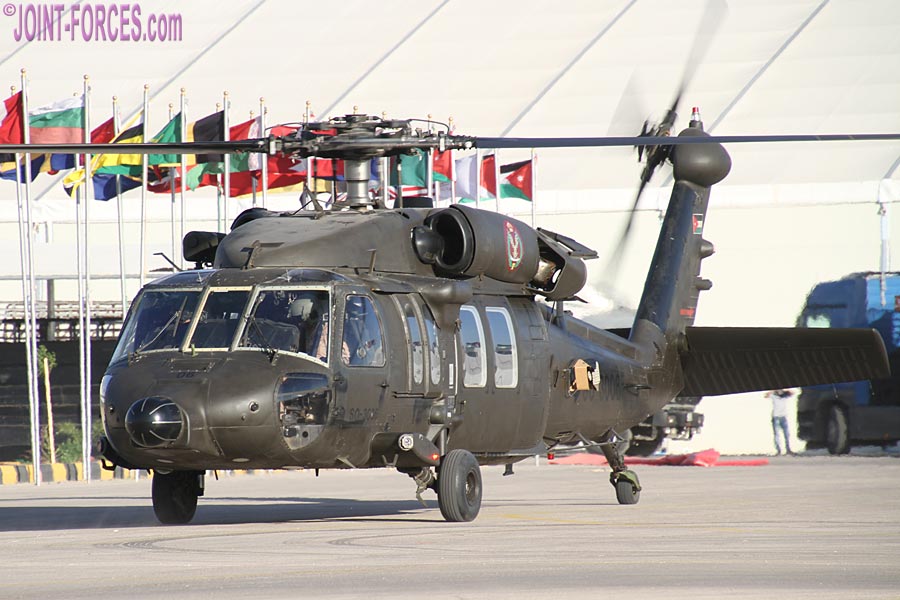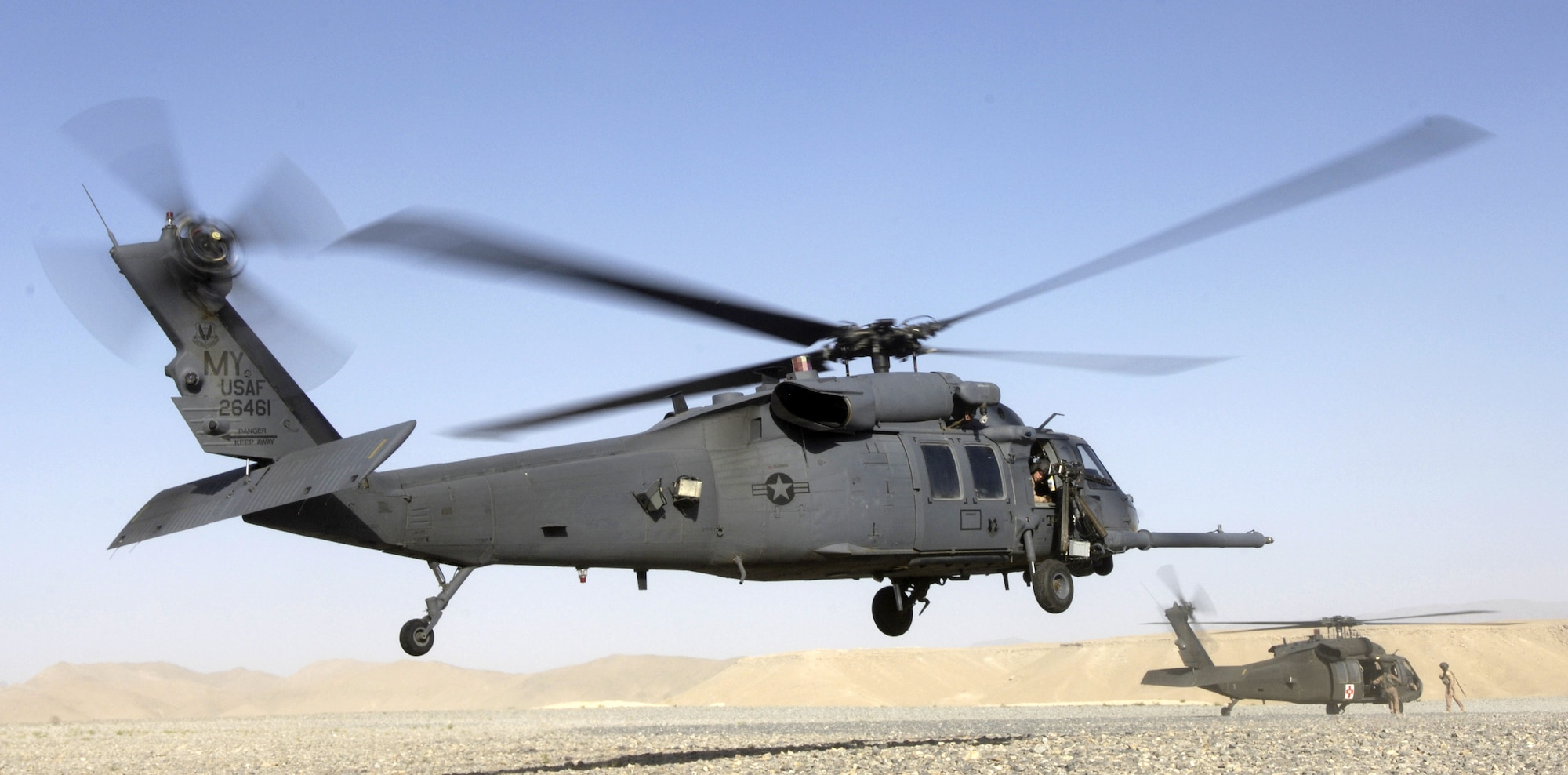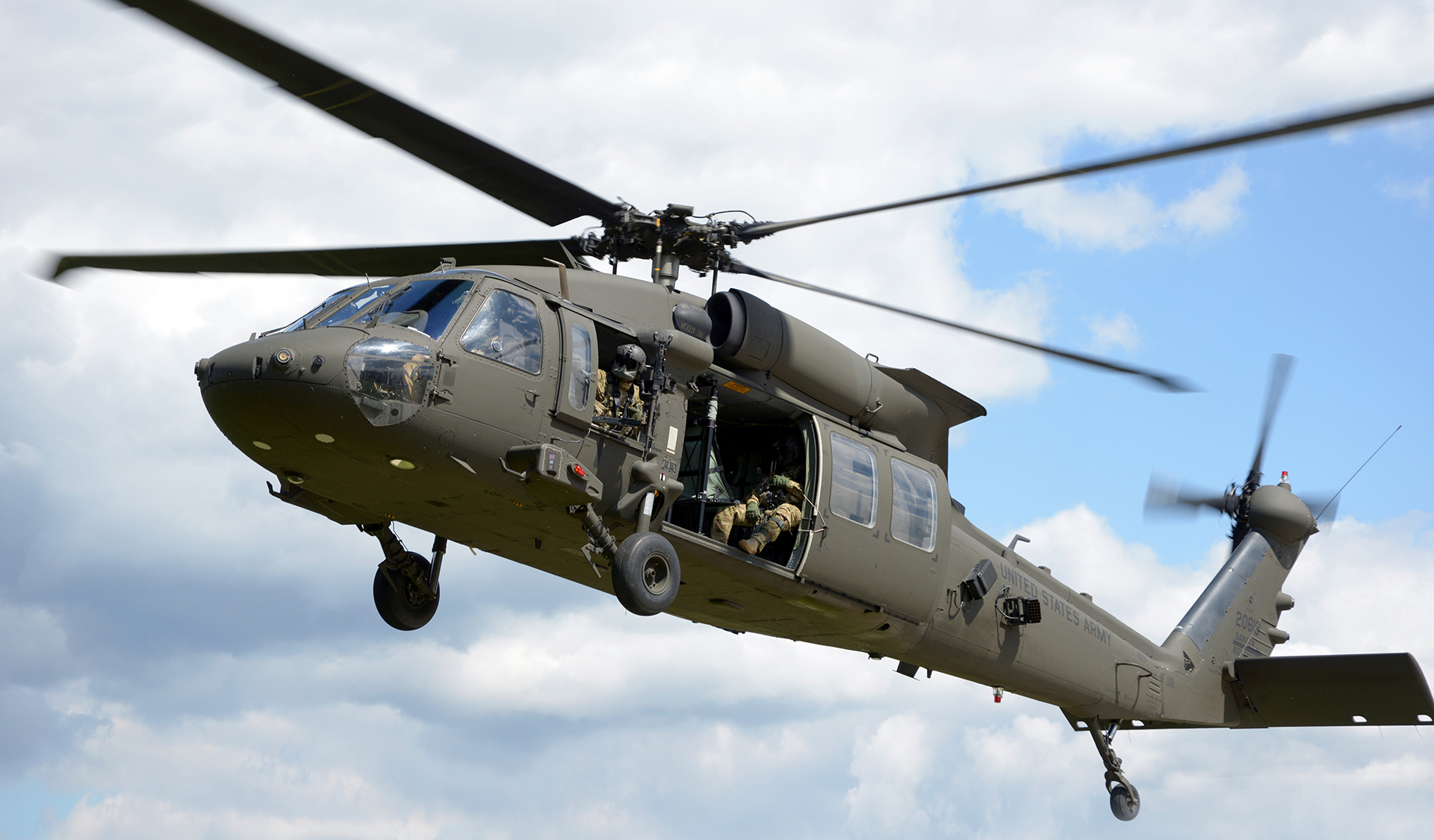Upkeep and Maintenance for UH 60 Helicopters
Upkeep and Maintenance for UH 60 Helicopters
Blog Article
The Influence of Lasting Practices on the Future of Aircraft Procedures and Emissions Reduction
As the aeronautics sector faces boosting examination over its environmental influence, the adoption of lasting techniques emerges as a critical pathway towards future airplane operations and discharges decrease. Advancements in lasting aeronautics gas and improvements in hybrid propulsion technologies stand at the center of this makeover, encouraging significant reductions in greenhouse gas emissions.

Overview of Lasting Practices
Lasting practices in aircraft operations encompass a series of strategies targeted at minimizing ecological impact while keeping operational effectiveness. These methods are necessary in the air travel industry's dedication to lessening its carbon impact and adhering to international environmental requirements. Secret campaigns include enhancing trip courses to lower gas usage, improving maintenance methods to make certain airplane operate at peak efficiency, and implementing innovative modern technologies such as winglets and light-weight products that improve aerodynamics.

Engaging and training team on sustainability techniques likewise play an essential duty, fostering a society of ecological responsibility within organizations. On the whole, the assimilation of these sustainable techniques not just helps in reducing discharges but additionally improves the long-lasting practicality of the aviation industry, ensuring it satisfies the demands of both consumers and governing bodies while adding to international sustainability objectives.
Cutting-edge Gas Alternatives
Various cutting-edge gas choices are arising as crucial options to reduce the aeronautics sector's dependence on conventional fossil gas. Amongst these options, Lasting Air travel Gas (SAFs) have gained significant attention due to their potential to reduce lifecycle greenhouse gas exhausts by approximately 80% contrasted to traditional jet fuels. SAFs are stemmed from various feedstocks, consisting of waste oils, farming deposits, and even algae, making them a versatile alternative for the market.
An additional promising option is hydrogen fuel, which, when utilized in fuel cells, generates only water vapor as a by-product. In addition, electric propulsion systems are being checked out, leveraging battery innovation to power aircraft.
Last but not least, biofuels obtained from biomass are being investigated, providing a sustainable option that can be mixed with traditional fuels. Collectively, these ingenious gas alternatives stand for an essential action toward attaining a sustainable aviation ecosystem, aligning with worldwide discharges reduction targets and boosting the industry's ecological stewardship.
Technological Improvements in Aeronautics

How can technological advancements reshape the future of air travel? Technologies such as hybrid and electric propulsion systems are at the forefront, appealing substantial reductions in fuel consumption and greenhouse gas emissions.
Moreover, the application of advanced products, such as lightweight composites, adds to improved aerodynamics and fuel efficiency. The usage of man-made intelligence and artificial intelligence in flight operations optimizes route planning and minimizes gas melt by making it possible for real-time changes based on weather and website traffic conditions. In addition, the advancement of independent and from another location piloted airplane systems stands to transform freight and passenger transportation, potentially boosting performance while lessening human error.
In addition, sustainable aviation innovations, including innovative air traffic administration systems, can lower and simplify operations blockage, leading to lower exhausts throughout trip. These advancements jointly stand for a standard shift in aviation, guaranteeing a future where sustainability and functional efficiency are intertwined, consequently supporting the market's dedication to decreasing its ecological influence.

Regulative Framework and Compliance
Due to the expanding focus on ecological stewardship within the aviation market, the regulatory framework controling airplane operations is developing to advertise lasting techniques. Governing bodies, such as the International Civil Air Travel Company (ICAO) and various national aeronautics authorities, are presenting rigid standards targeted at lowering exhausts and enhancing operational performance.
These laws usually consist of the fostering of Lasting Aviation Gas (SAF), which has actually been acknowledged as a key element in accomplishing lower carbon impacts. In addition, conformity with these policies needs airlines to implement functional methods and sophisticated technologies, such as maximized trip paths and boosted air website traffic administration, to minimize gas usage.
Additionally, the enforcement of exhausts trading plans and carbon countering efforts is becoming increasingly prevalent, compelling airline companies to keep track of and report their discharges properly. Non-compliance can cause considerable fines, thus pressing operators to prioritize sustainability in their organization designs.
Inevitably, the developing governing landscape not just drives innovation and financial investment in green technologies but additionally fosters a culture of accountability within the aviation market. As these structures remain to establish, the concentrate on lasting methods will certainly be integral to accomplishing the market's long-term environmental objectives.
Future Fads in Aircraft Workflow
As the air travel sector adapts to an increasingly rigid regulatory setting, future patterns in aircraft operations are readied to concentrate on cutting-edge solutions that better improve sustainability and performance - uh 60. Key developments will likely include the adoption of sophisticated air website traffic monitoring systems, which utilize real-time data and expert system to optimize flight paths, reducing gas usage find out and discharges
One more considerable pattern is the boosted integration of lasting aviation gas (SAFs) These choices to standard helpful hints jet gas, acquired from eco-friendly resources, can significantly lower lifecycle greenhouse gas emissions. The industry's dedication to SAFs will likely increase as airline companies team up with gas manufacturers to make sure accessibility and cost-effectiveness.
Furthermore, the push towards electrification and hybrid propulsion systems is gaining energy. Arising airplane styles will incorporate these technologies, offering quieter and more reliable procedures, particularly for short-haul flights.
Conclusion
The fostering of sustainable air travel fuels, combined with advancements in hybrid and electric propulsion systems, is vital for reducing go to my site lifecycle greenhouse gas discharges. Maximizing flight paths and embracing cutting-edge innovations add to a quieter and a lot more eco friendly aviation market.
Developments in sustainable air travel gas and developments in hybrid propulsion innovations stand at the center of this makeover, appealing considerable decreases in greenhouse gas emissions.Many innovative fuel options are arising as crucial remedies to reduce the air travel industry's reliance on typical fossil fuels - uh 60. Amongst these choices, Lasting Air travel Fuels (SAFs) have acquired considerable interest due to their potential to reduce lifecycle greenhouse gas emissions by up to 80% contrasted to standard jet fuels.Another considerable fad is the increased integration of sustainable air travel fuels (SAFs) The adoption of sustainable aviation fuels, coupled with improvements in hybrid and electrical propulsion systems, is vital for decreasing lifecycle greenhouse gas emissions
Report this page